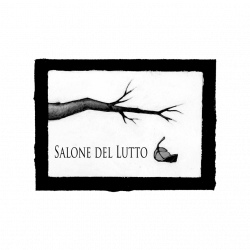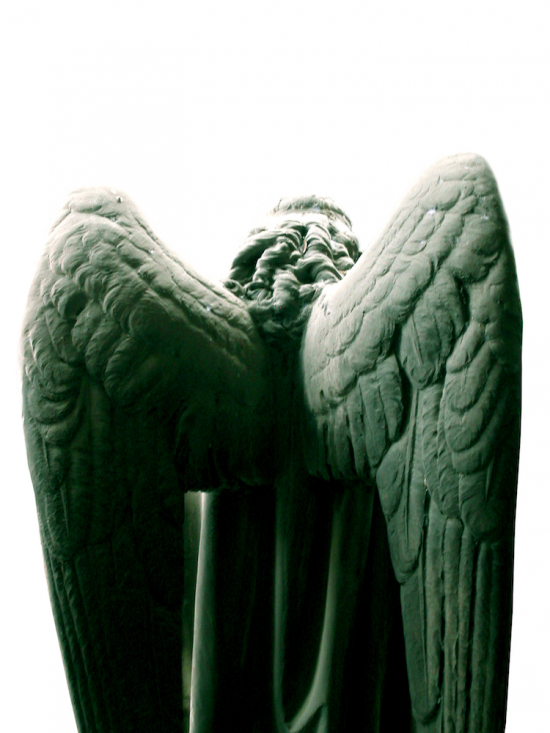The loss of memory is abandon. You leave and are left. You are no longer there and you already miss yourself. Abandon is painful and tormenting, it is desolation, neglect and degradation: you fear it both in life and in death and the very idea of not being remembered hurts.
But annihilation can be experienced in ways that are not necessarily negative.
In a physical sense, for example, abandon is relaxation. A surrender to the natural flow of things.
Sooner or later you get lost and are lost, you realize it as you look at the names inscribed on the tombstones in a graveyard. The right place gives you a different perspective on pain, on the loss of identity.
Genoa’s Staglieno cemetery lies on a hill and, as you walk among its tombstones and statues swallowed by nature, you venture into lost identities. On a moving summer afternoon, you brush them without being annoying. You perceive those lives in the commanding angels and the mausoleums, in the statues sculpted who knows when, who knows by whom. You can’t resist the melancholy beauty of those eroded glances, the mossy graves, the magnificence that was conceived, commanded and sculpted. All this has passed away, but still creates a unique, lively atmosphere. You feel involved. This abandon is somehow peaceful and you involuntarily perceive that maybe there is another way to surrender to the world, to let it flow through death. And maybe through life.
Nature has simply prevailed on individuals, be they commemorated by a huge mausoleum or by a simple tombstone bearing their name. Now plants are one with the stone.
The loss of identity – of the thousands of people that have passed away, of the millions or billions of people before us – belongs to us. Mourning and abandon as we normally conceive them, the irremediable loss that frightens us, here become expressions of truth and beauty.
Some places work as catalysers of sensations and make the most abstract concepts turn real, almost tangible.
Yes, we will get lost. Sooner or later we will be abandoned, even the most famous, the most self-confident, know it. But the struggle to be here at any cost ends in this place. The green has prevailed over the stone, over the names, over the will sculpted in statues that have become a moving part of the landscape. This sensation with a vague Buddhist flavour, among this green, is not an Eastern philosophy but a relief – and we can try to bring this awareness back home.
This is the advice from Salone del Lutto. An afternoon in the open air. A change of perspective. And maybe, for a while, a sweet abandon to sensations.
Greet the Monteverde angel, if you happen to meet him.
And go ahead.

